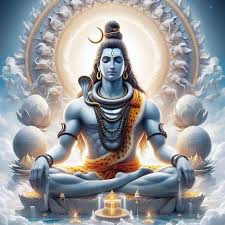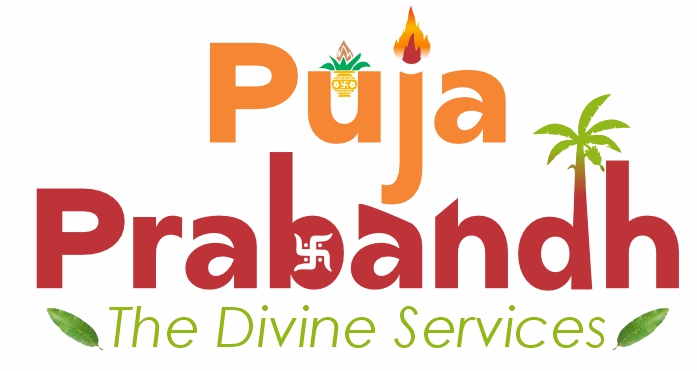
Shivaratri Puja, also known as Maha Shivaratri, is a highly sacred Hindu festival dedicated to Lord Shiva, the destroyer and transformer among the Trimurti. Celebrated annually on the 14th night of the dark fortnight (Krishna Paksha) in the month of Phalguna (February–March), Shivaratri is a night of spiritual awakening, fasting, and deep devotion.
The word Shivaratri means “the night of Shiva.” According to legend, this is the night when Lord Shiva performed the cosmic dance of creation, preservation, and destruction (Tandava). It is also believed to be the night when Lord Shiva and Goddess Parvati were united in marriage. Hence, it holds special significance for devotees seeking spiritual growth, inner peace, and marital harmony.
Shivaratri Puja is usually performed four times during the night (Yama pujas). Devotees observe fasting (vrata), practice self-restraint, and stay awake all night (jagarana), chanting “Om Namah Shivaya” and reciting Shiva stotras, Rudram, and the Shiva Purana.
The main ritual involves Abhishekam (sacred bath) of the Shiva Linga with offerings like:
- Milk – for purity
- Honey – for sweetness in life
- Ghee – for strength
- Curd – for prosperity
- Sugarcane juice – to please the Lord
Bilva (Bel) leaves, dhatura flowers, fruits, and incense are also offered.
Temples are beautifully decorated, and devotees form long queues to have darshan of the Shiva Linga. Married and unmarried women especially pray for blessed relationships and family well-being.
Shivaratri Puja is not just a religious ritual but a night of intense spiritual discipline, symbolizing the conquest over darkness and ignorance, and the union with the divine consciousness of Shiva.

